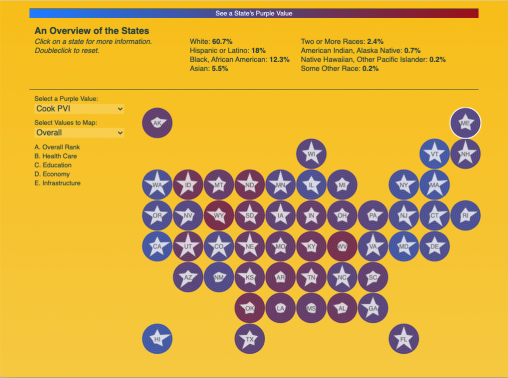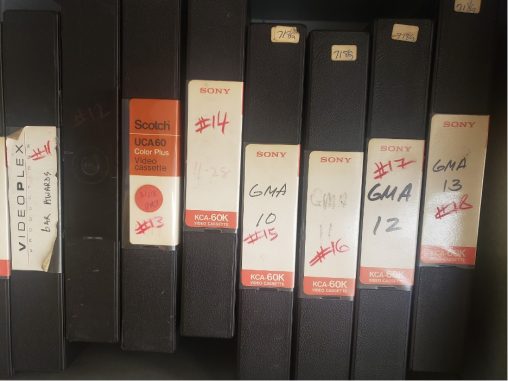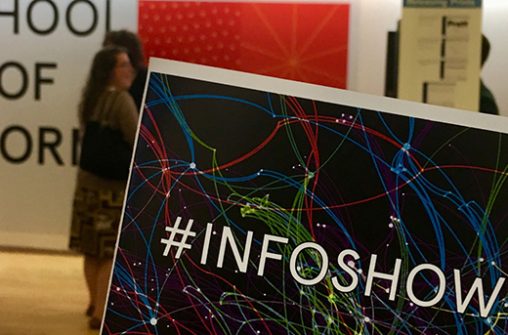Category: 2021Page 2 of 2
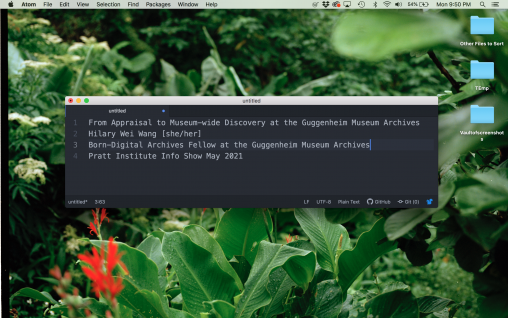
This presentation will showcase my work as the 2020-2021 Born-Digital Archives Fellow at the Guggenheim Museum Archives. It will highlight the project evolution of appraising a backlog of curatorial records to uploading exhibition assets to a digital asset management system for museum-wide discovery.
This presentation addresses ethical issues concerning youth participation within the process of selecting for children’s collections. It examines current practices in the Collection Development/Selection Policies of school libraries nationwide through the lens of children’s rights (defined by the UN Convention of the Child) and proposes youth-inclusive approaches.
This presentation introduces some primary research paradigms with an emphasis on the UX field. By introducing the philosophical assumptions behind those paradigms, this presentation also introduces a way to evaluate a research design.
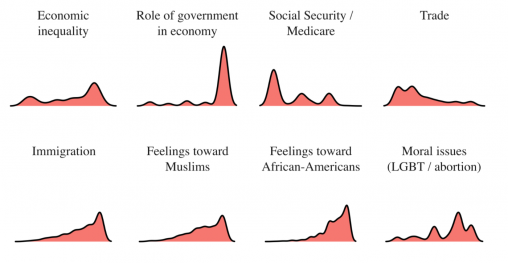
I will present a data analysis project in which I use basic machine learning to analyze the types of Trump voters and how the groups differ from one another in their opinions on various political issues. A summary of the project is available here: https://wmerrow.github.io/work/types-trump-voters.html
This project originated with Professor Lopatovska’s Info 601 class, in which I analyzed and wrote a paper about do-it-yourself music archives as an alternative method of archival preservation. I will define DIY in relation to community archives, explain the importance of DIY music archives and problems that they face.
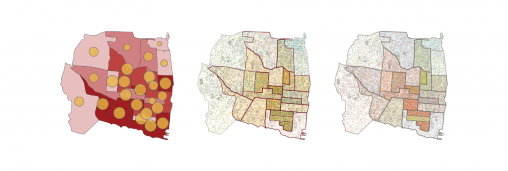
Using various GIS and Census Bureau data, this project explores different map formats showing the relationship between race and poverty in seven Hudson River communities. The aim is to create a more human, almost impressionistic visualization of a kind of data that we have seen countless times before.
Through this paper/presentation, I identify the risks to artists that unorganized, non-archival studio practices pose, I describe the basic principles and practices of archiving and of personal archiving, and I argue that through applying archival principles to their studio practices, artists can improve the searchability and longevity of their work. I contend that a purposeful implementation of archival practices is worth the artist’s time and interest. Concluding with an examination of the ways in which the archival impulse enters the conceptual realm of artmaking, I round out a comprehensive examination of the impact that a knowledge of archival principles and theory can have on an artist’s practice.
“Alex’s Art Book Blog” is a website that allows users to explore the contents of my bookshelves by clicking on shelves and reading the titles and publication information inside. This website is a result of a class assignment designed to teach students how to create a website from scratch using HTML and CSS.
Expanding upon a “pedagogy of desire”, I map a framework from Samuel Delany’s fiction onto the MLIS classroom. I argue that the act of seeking other students in the classroom allows for a manifestation of Delany’s contact principle, and that centering contact moves us closer to an embodied pedagogy.
Conceptualizing and designing alternate minimal movie posters to visually express the main theme. A wide range of graphic and typographic styles were explored for these expressive artworks while exploring clever visual puns and metaphors. Surprisingly, some of these posters received appreciation from directors, writers and leading actors of the movies.
My project will cover the user research I conducted. I ran several unmoderated usability tests for different parts of the website, for a range of users. My team tested the layout and content in an effort to improve the user experience for visitors online. I also participated in design reviews.
Project Contrast is visual and data-driven exploration of socio-economic disparity through a speculation with urban context. Comparing two territories: Tejgaon slum area in Bangladesh and The High Line park in NY, united by urban similarity (people settling along the railway line), the project emphasizes the contrast of living conditions, and speculates on the ways to help.
This was a final presentation in Collection Development and focuses on why libraries need to emphasize ethical purchasing in collection development. It provides some insight into how this may be possible through proactive collection development and budget allocation.
Supporters of Proposition 64 positioned marijuana legalization as a criminal justice issue while critics warned it would only benefit the wealthiest of marijuana consumers and sellers. To explore the impact of cannabis legalization and regulation has had on communities of color in LA, I analyzed marijuana arrest data from 2010 to 2019, comparing the racial and ethnic proportions in arrestees before and after legalization.
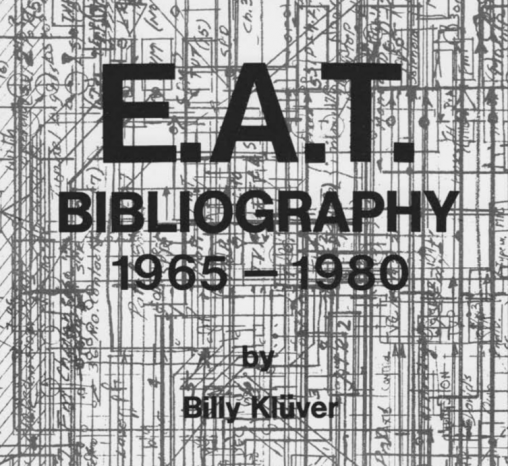
This project aims to transform the E.A.T. Bibliography into linked data to become part of the broader E.A.T. + LOD dataset. The E.A.T. Bibliography, created by Billy Klüver, consists of a list of over 600 references centered on the E.A.T. initiative. The goal of the project is to enhance the E.A.T + LOD project with bibliographic data to provide unified access and discovery to E.A.T. research, collection, and related reference data.
Facescapes is a resource guide dedicated to understanding facial recognition technology (FRT) in the United States. It provides a framework for assessing the implications of developments in the industry by corporate and state actors. It explores political and artistic engagements related to FRT, looking toward possibilities for disruption and intervention.
